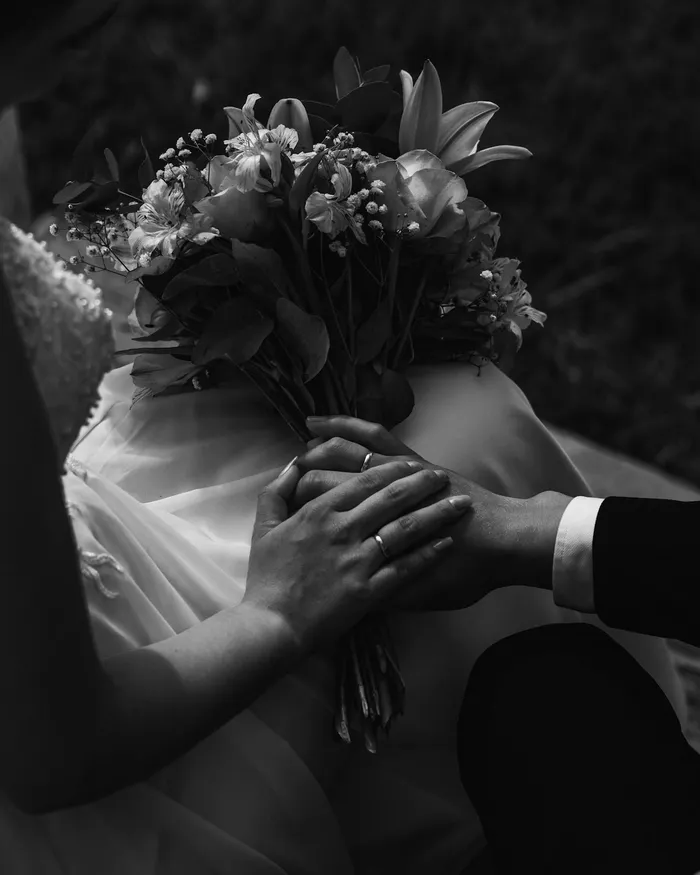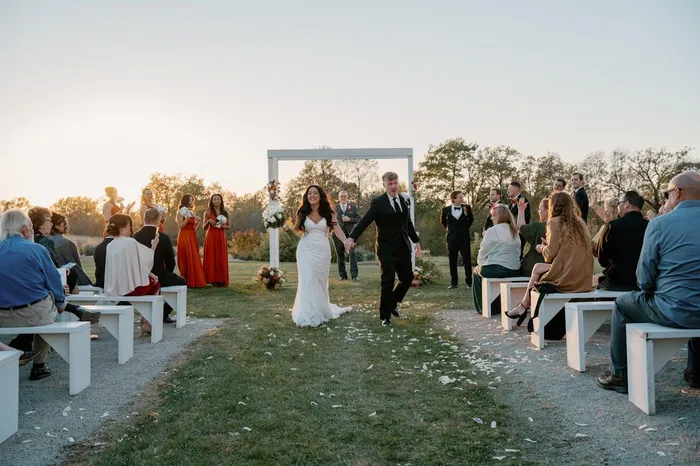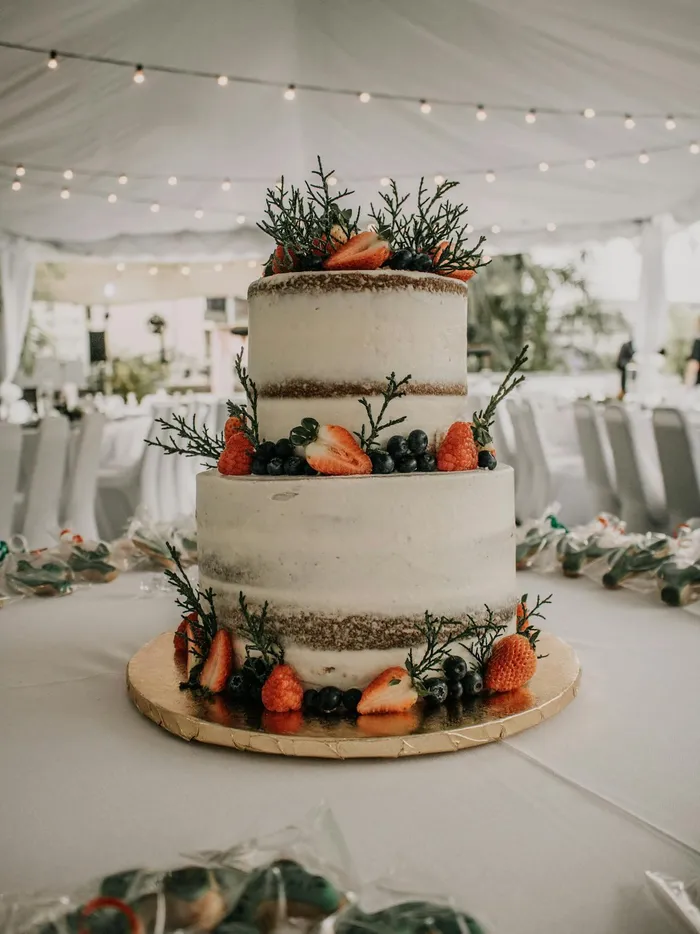Why Saturday weddings are so last season: the weekday wedding revolution

The rise of weekday weddings also reflects how modern couples are rethinking traditions.
Image: Tobias Bjørkli/pexels
Weddings have always had a certain magic about them.
For years, Saturdays reigned as the undisputed champion for tying the knot. But lately, there’s a new trend shaking up the wedding world: micro weekday weddings.
If the idea of saying “I do” in front of 300 people and a DJ who keeps calling you “Mr. and Mrs. Smith” makes you squirm, you’re not alone. Across the world, couples are turning away from over-the-top receptions and towards more intentional, intimate ceremonies with 50 guests or fewer.
For many couples, weekday weddings offer something that traditional Saturday celebrations simply can’t, flexibility and affordability. With venues and vendors often booked months or even years in advance for weekend dates, weekday weddings open up a world of possibilities.
But it’s not just about availability and costs. There’s a growing desire for weddings to feel more personal and intentional, and weekday celebrations often come with a more intimate vibe.
With fewer scheduling conflicts, your guest list may be smaller, but it’s likely to be filled with people who truly want to celebrate with you, not just those fitting your wedding into a packed social calendar.
The rise of weekday weddings also reflects how modern couples are rethinking traditions. The pandemic taught us to embrace the unexpected, and weekday weddings have become a natural extension of that mindset.
Couples are breaking free from “rules” and designing weddings that feel right for them. It’s about creating moments that matter, whether it’s a laid-back Thursday evening under fairy lights or a Monday brunch wedding with mimosa toasts.
For many couples, it comes down to one big reason: cost. Wedding venues, caterers, DJs and photographers often charge premium prices for weekend bookings, especially Saturdays.
But by choosing a weekday, couples can save thousands without sacrificing style or quality.

Couples are breaking free from “rules” and designing weddings that feel right for them.
Image: George Chambers /pexels
It’s more personal, more intimate
Weekday weddings tend to have smaller guest lists, which makes for a more meaningful and relaxed atmosphere. With fewer people to please and more freedom to plan, couples can lean into what really matters: connection, joy, and the unique vibe they want to create.
Plus, fewer guests mean fewer costs and more space for personal touches like handwritten vows, intimate table settings, or a live band.
“Couples are choosing quality over quantity,” says UK wedding expert Nick Bramer of Country House Weddings
Still wondering whether a weekday wedding could work for you? Here are some real-life benefits that couples are loving:
More venue availability: No more fighting over that one Saturday in summer. Want to get married next season? Weekday slots book faster and easier.
Vendors are more available: With less demand midweek, you're more likely to get your dream team.
Travel is easier and cheaper for guests
Flights and accommodation are often more affordable during the week.
South African weddings are not cheap. According to South African wedding site Celebration.co.za, a traditional wedding for 100 guests can cost upwards of R200 000. That’s a hefty down payment on a house or a ticket to long-term financial stress.
Sets your celebration apart
Let’s be honest, how many Saturday weddings can you actually remember? A midweek celebration feels fresh and unexpected. It’s the kind of thing people talk about for years.
Some couples are even turning their wedding into a multi-day experience, starting with a relaxed dinner the night before, the ceremony the next day, and a chill brunch afterwards. It’s not just a wedding; it’s a whole vibe.
But what about guests who have to work? Yes, asking your loved ones to take time off might feel awkward at first, but many couples are finding that those who truly want to be there will make it happen.
It’s more about connection, less about performance
You know that moment at a big wedding where the bride and groom are pulled in every direction, unable to finish their dinner or have a full conversation with anyone?
Fewer guests mean more face time. More real moments. More belly laughs and teary hugs. You actually remember who was there,” says cultural commentator and relationship author Esther Perel, who often highlights how intimacy has become a luxury in a distracted world.
Micro-weddings embrace slow love, the idea that connection is built through presence, not performance.

With fewer people to please and more freedom to plan, couples can lean into what really matters: connection, joy, and the unique vibe they want to create.
Image: Rodolfo Quirós /pexels
It’s covid-inspired but culture-relevant
While the pandemic forced many couples into smaller ceremonies, the benefits were quickly realised and loved.
From Ed Sheeran’s 40-guest wedding to Princess Raiyah of Jordan’s four-person ceremony, celebrities have shown that tiny weddings can still be magical.
New traditions
But beyond the virus, micro-weddings reflect deeper generational shifts. Gen Z and Millennials are less interested in outdated traditions and more drawn to personalisation and sustainability.
As Bramer puts it, “Couples are crafting weddings that reflect who they are, not who society told them to be.”
Sustainability wins
Micro-weddings are inherently more sustainable. Smaller guest lists mean less travel, less food waste, and fewer throwaway decor items.
A 2023 EcoBride survey found that 71% of couples under 35 are prioritising environmentally friendly weddings, from upcycled dresses to vegan menus.
“Weddings are becoming more relaxed and experiential,” says Bramer. “They’re not about cramming everything into six hours on a Saturday anymore. They're about stretching out the joy.”